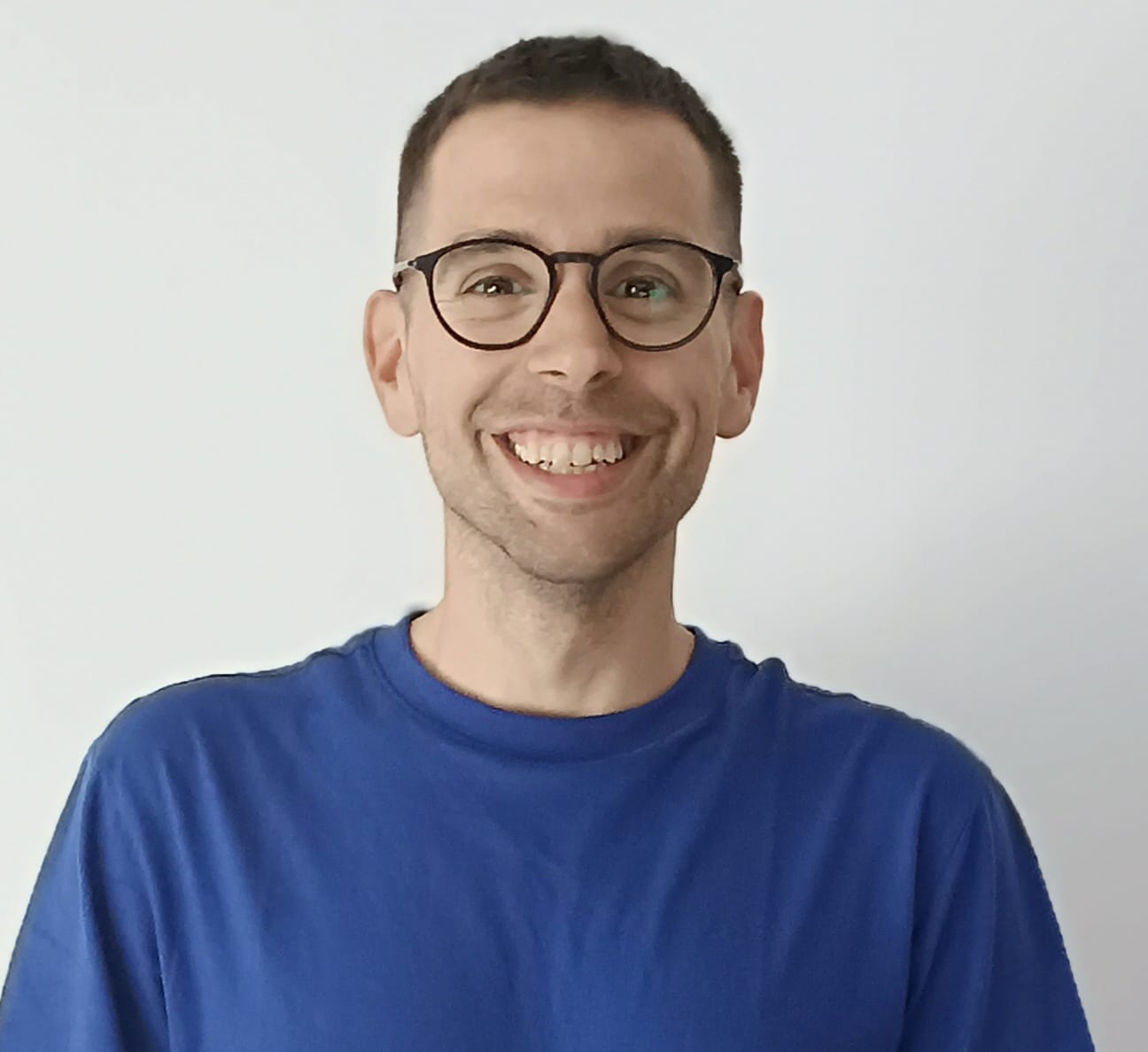Go to content
Go to content
Navigation
Direct access
Connection
SIF 4th Cohort Fellows - Sergio Posada Perez, Vrije Universiteit Brussel
Curriculum Vitae
PhD Degree, Universitat de Barcelona (Spain), March 2018, Theoretical and Computational Chemistry.
Master’s Degree, Universitat Rovira I Virgili (Spain), September 2013, Theoretical and Computational Chemistry.
Bachelor’s Degree, Universitat Rovira I Virgili (Spain), June 2012, Chemistry.
2024-, EUTOPIA-SIF Postdoctoral researcher, Vrije Universiteit Brussel (Belgium)
Research based on the computational prediction of low-cost (electro)catalysis for green chemistry reactions.
2022-2024, Marie Curie Postdoctoral researcher, Universitat de Girona (Spain)
Research based on the computational simulation of new materials for solar cell devices.
2021-2022, Juan de la Cierva Postdoctoral researcher, Universitat de Girona (Spain)
Research based on the solid-state calculations, electrocatalysis, and homogeneous catalysis.
2018-2021, Postdoctoral researcher, Université Catholique de Louvain (Belgium)
Research based on the computational simulation of Li-ion batteries and aqueous electrolytes
2014-2018, PhD student, Universitat de Barcelona (Spain)
Research based on the computational simulations of heterogeneous catalysts for carbon dioxide conversion
- Publications/Research achievements
ORCID
Research Project:
The global imperative to reduce carbon dioxide (CO2) emissions has prompted a reevaluation of traditional ammonia synthesis and carbon dioxide reduction reactions as potential contributors to sustainable fuel production. This proposed research endeavors to develop cost-effective and environmentally friendly catalysts based on single metal atoms supported on N-doped graphene for both ammonia synthesis and carbon dioxide reduction. The investigation combines theoretical calculations with experimental synthesis to overcome challenges related to high overpotentials and low selectivity observed in current catalysts. We will exploit the conceptual density functional theory to design various single metal supported on N-doped graphene models and to obtain fundamental insights into their reactivity. Computational descriptors will be employed to predict and screen the catalytic activity of single atom catalysts and its possible combination. Furthermore, quantum chemical simulations will elucidate the mechanisms of ammonia synthesis and carbon dioxide reduction on the most promising candidates, providing insights into optimized reaction pathways and rate-determining steps. The best candidates will be experimentally synthetized and tested. This research aims to contribute to the development of sustainable and efficient catalysts for nitrogen and carbon dioxide reduction reactions, offering a pathway towards greener and more economical fuel production.
https://eutopia-university.eu/english-version/sif-4th-cohort-fellows-sergio-posada-perez-vrije-universiteit-brussel



